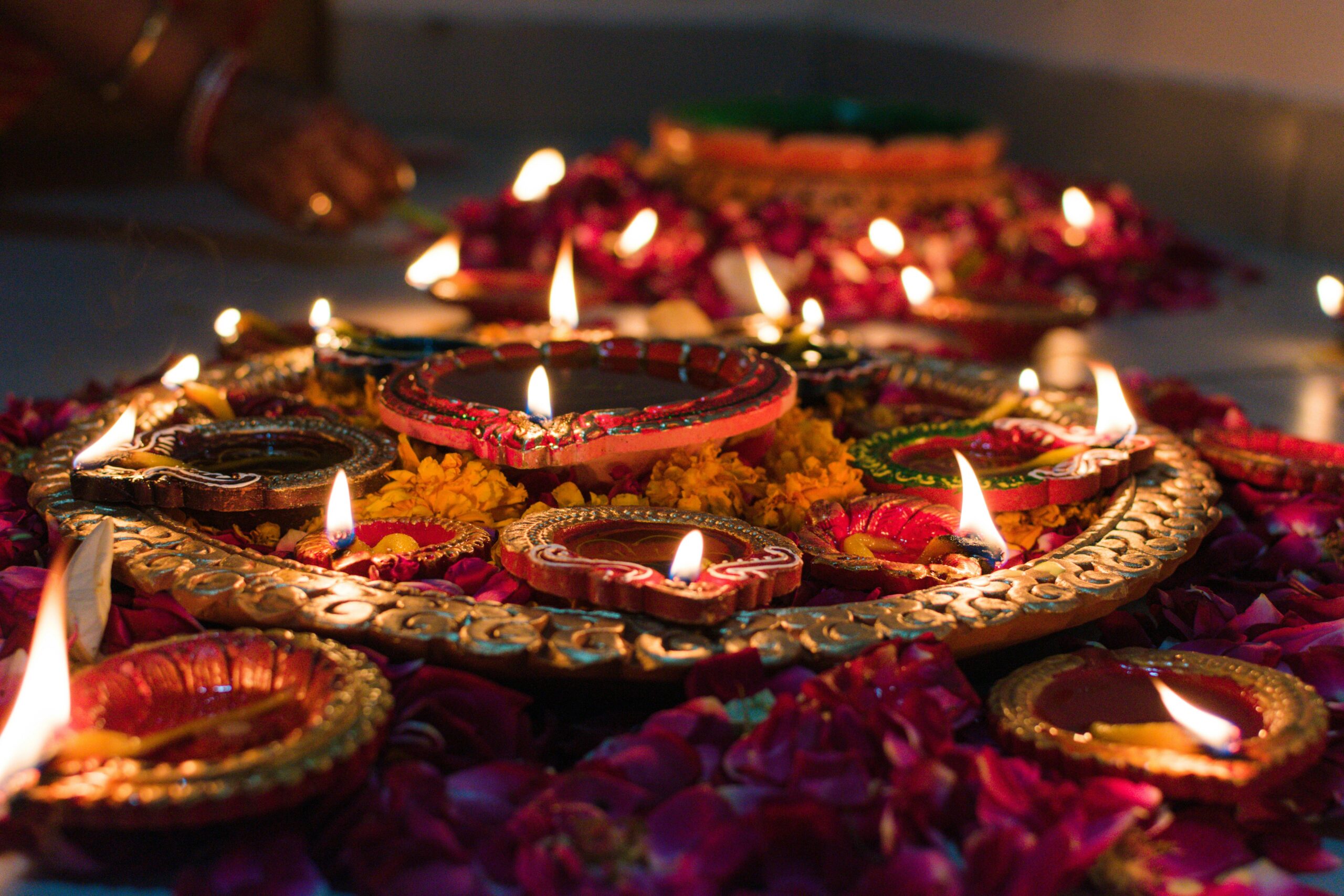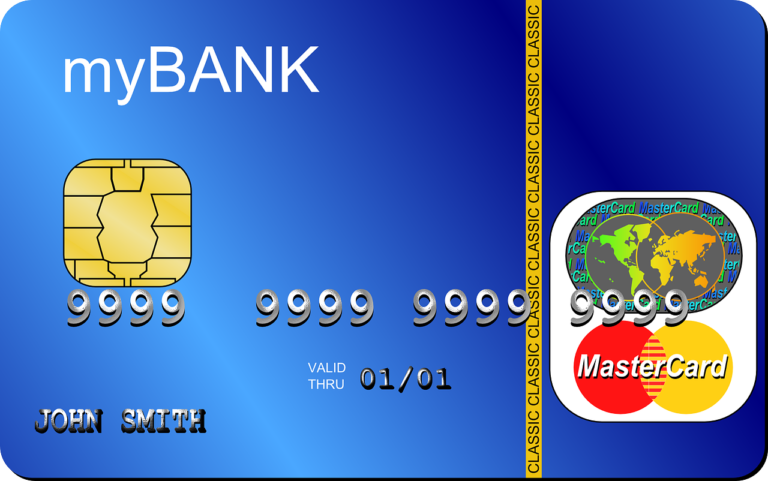The Origin of Diwali and Its Journey to Trinidad and Tobago

Diwali, also known as Deepavali, is one of the most significant festivals in Hindu culture. Its origins are deeply rooted in ancient Indian traditions and mythology, symbolizing the victory of light over darkness and good over evil. The festival’s name, derived from the Sanskrit words “deepa” (lamp) and “avali” (row), literally means “a row of lamps.” Diwali’s origins can be traced back to several Hindu legends and historical events. One of the most popular stories is from the epic Ramayana, where Diwali marks the return of Lord Rama, his wife Sita, and his brother Lakshmana to Ayodhya after a 14-year exile and the defeat of the demon king Ravana. The people of Ayodhya lit oil lamps to celebrate their return, symbolizing the triumph of light over darkness.
Another significant legend associated with Diwali is the story of Lord Krishna defeating the demon Narakasura. This victory is celebrated as Naraka Chaturdashi, one of the days of the Diwali festival. Additionally, Diwali is linked to the worship of Goddess Lakshmi, the deity of wealth and prosperity, who is believed to have been born from the churning of the ocean of milk on this day.
Diwali celebration in Trinidad and Tobago migrated from the shores of the Ganges in India to the island in the mid 1800’s by East Indian indentured laborers and is a well-illustrious national pride and a national holiday.
The migration of Diwali to Trinidad and Tobago is a story of cultural preservation and adaptation. During the 19th century, the British colonial government in India faced a labor shortage in their Caribbean colonies. To address this, they initiated the indentured labor system, bringing thousands of Indian laborers to work on sugar plantations in Trinidad and Tobago between 1845 and 1917.
These laborers, primarily from the northern regions of India, brought with them their rich cultural traditions, including the celebration of Diwali. Despite the hardships and challenges of indentured servitude, the Indian community in Trinidad and Tobago maintained their cultural practices, passing them down through generations.
Today, Diwali is one of the most important and widely celebrated festivals in Trinidad and Tobago, reflecting the country’s multicultural heritage. The festival although prominently celebrated with great enthusiasm by the Indo-Trinidadian community and has become a national holiday, recognized and celebrated by people of all backgrounds.
The celebrations in Trinidad and Tobago are marked by the lighting of deyas (clay lamps), decorating homes with colorful rangoli (patterns made with colored powders), and the sharing of sweets and traditional foods. Public events, such as cultural shows, music, and dance performances, are also organized, showcasing the rich cultural heritage of the Indian community.
One of the unique aspects of Diwali in Trinidad and Tobago is the Diwali Nagar, a cultural village set up annually in Chaguanas. This event features exhibitions, food stalls, and performances, attracting thousands of visitors from across the country. Diwali Nagar serves as a platform for cultural exchange and education, promoting understanding and appreciation of Hindu traditions among the wider population.
This year for the first time at the Nagar site, there will be stunning art exhibition to captive visitors at the now famous art galley. Collections by various local artist, inspired by the rich traditions and festive spirit of Diwali, features intricate rangoli designs, vivid depictions of deya lighting and mesmerizing scenes of bamboo bussing and fire display. Each piece reflects the artist deep connection to heritage and tradition. The exhibition not only showcases exceptional talent between the artist but also celebrates the cultural tapestry of the local community, making it a must-see attraction during the Diwali festivities.
The celebration of Diwali in Trinidad and Tobago is a testament to the resilience and cultural pride of the Indo-Trinidadian community. From its ancient origins in India to its vibrant celebrations in the Caribbean, Diwali has transcended geographical boundaries, becoming a symbol of unity and cultural diversity. As a national holiday, Diwali not only honors the heritage of the Indian community but also enriches the multicultural fabric of Trinidad and Tobago, reminding us of the enduring power of light over darkness and good over evil.
Subrina Hall-Azih is a Trinidadian Educator.






